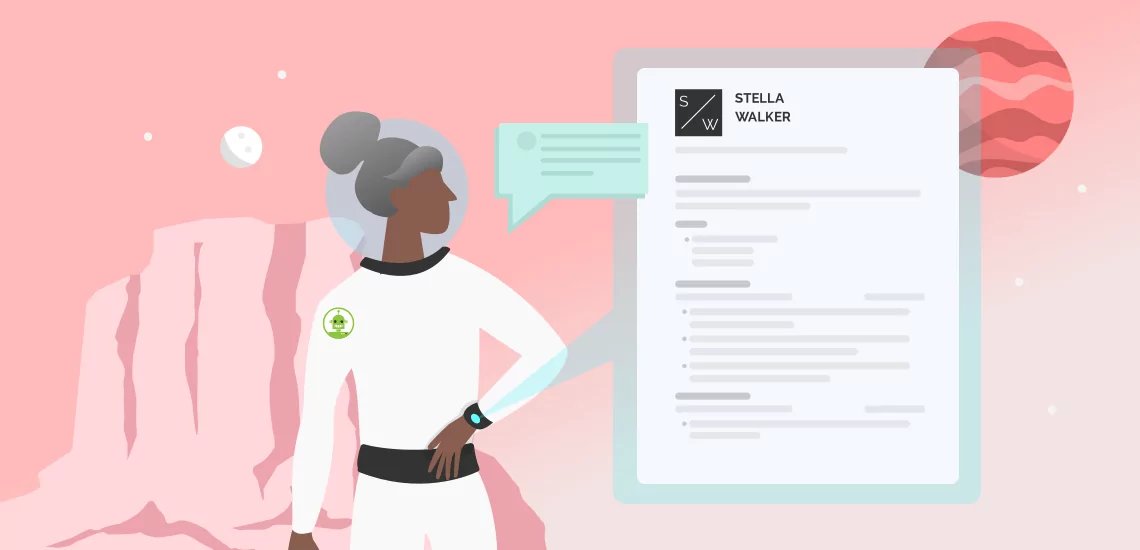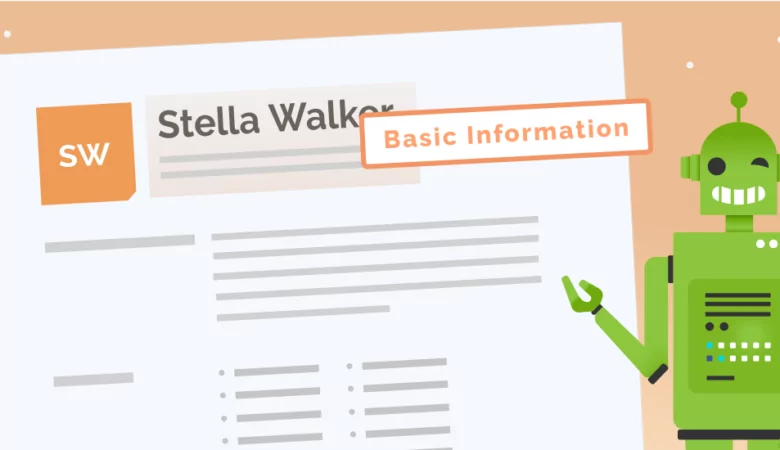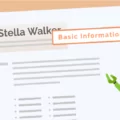A personal statement may be what allows you to find your perfect college. What do you need to know to create a personal statement that enhances your application?

Tips for Writing Your Personal Statement
Personal Statement
When you’re applying to colleges, there are a variety of elements that you’ll need to include in your application. A personal statement may well be one of them. The best personal statements function as a tool that can help you get into the perfect college and move toward your career goals, while a less effective personal statement can lessen your chances. Here’s everything you need to know about writing a personal statement.

What Is a Personal Statement?
A personal statement is a document that you submit to college admissions detailing your background, why you’re interested in a specific field, and what makes you unique and a good fit for an institution. It’s more common in certain fields than others. A law school application or medical school application, for example, may require a more robust personal statement than someone who’s going for a bachelor’s degree in mathematics at a community college.
How to Structure Your Personal Statement
What’s the best way to format a personal statement? Much like a resume or a cover letter, your personal statement should have a specific format that helps you in the writing process. Here are a few ways to write your first draft.
-
Start with a hook
First, you need a hook to draw the reader’s attention. A personal statement can be a lot of text to read, which means that many admissions officers will read the opening paragraph and decide from there whether they want to keep reading. Open your personal statement with a unique story, specific personal characteristics, or your prize research project. Turn your life experiences into something that other people will care about and fit your field of study.
-
Explain why you’re in this field
The next step is to explain why you’re in this particular field. In most cases, your hook will lead into this information. For example, if you’re going into the healthcare field and you started having an interest in it because of a life-threatening injury that you had when you were younger, this effectively creates both a hook and a reason for being in the field.
-
Mention your skills
Now it’s time to show off why you could be a good fit for the school that you’re applying to. This is to give the admissions committee more of a reason to admit you. If you’re fresh out of high school, you can use extracurricular activities and part-time work experience for a college application. If you’re writing a higher-level college application, like an application for graduate school, look at any existing work experience you have. Also review your personal experiences and past academic successes, including your GPA and academic awards.
-
Show how this college is the next step in your career path
To close out your letter, you need to show off how this college experience is the obvious next step of your career. You need to make the case that your skills and your reasons for entering this field make you the perfect match. End the letter with a formal sign-off such as “Sincerely” or “Best regards.”
Tips for Making Your Personal Statement Stand Out More
College admissions officers go through a lot of personal statements every day, and the more you can do to make yours stand out, the better. Here are a few options to help you stand out from all the personal statement examples out there.
-
Make sure your passion comes through
Especially when it comes to higher education, admissions officials aren’t just looking for someone who will do well academically. They’re also looking for someone who’s actively interested in the field they’re pursuing. These types of people are more likely to engage problem-solving skills, stay focused when things get hard, and stick to the field for decades to come.
-
Frame your statement as a story
You want your personal statement to read as a story. This doesn’t mean that you need to use flashy language or cliches, but it does mean that your statement should be simple to read and one thought should lead easily into the next. Your life experiences, to an extent, are a story, so present your statement as a condensed, focused story.
-
Do research on the school
It’s a good idea to research the school a little bit before you write your personal statement. Different schools will have different focuses and prefer different elements in their students. The more you know about the school, the more you’ll be able to tailor your personal statement to whatever the school wants from potential students.
FAQ: Personal Statement
Brainstorming a personal statement can sometimes be the most difficult part of the whole process. Start with what you really love about the field you’re in. The more you know about this, the better off you’ll be in general. Additionally, remember that there’s no shame in having a first draft and then changing that draft until you’re happy with it. Use a cover letter builder to start your personal statement, then change it until you’re happy with it.
It depends entirely on the specific school you’re applying to. Typically, however, you’ll want to avoid going past two pages, which is around 1,000 words. Look into the specifications for the personal statement length to get more information about what length your college is expecting.
Yes. If you’re going to include other elements with your college application, like a resume and letters of recommendation, you usually need to include them all at once. Again, you can check the requirements for your school’s admissions process yourself first, but generally assume that you should include all of these items together.








